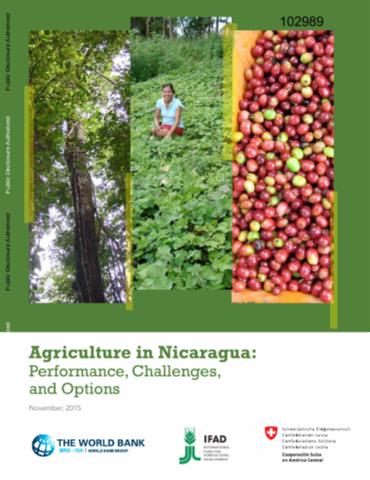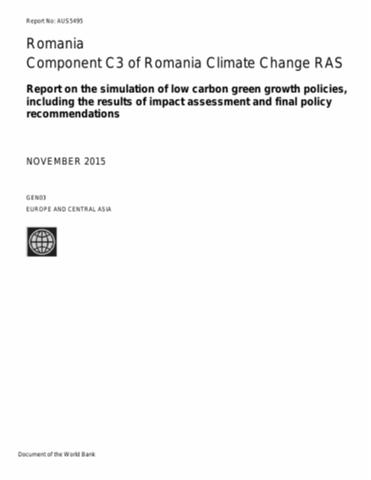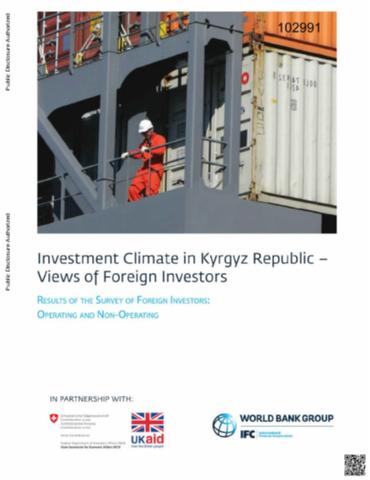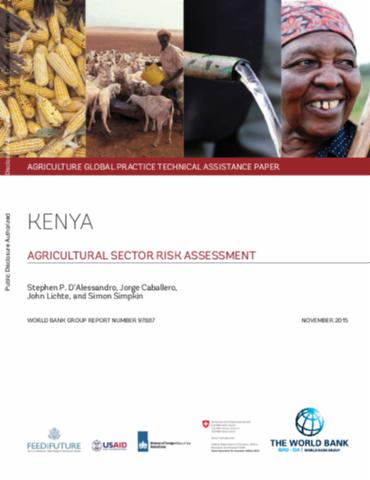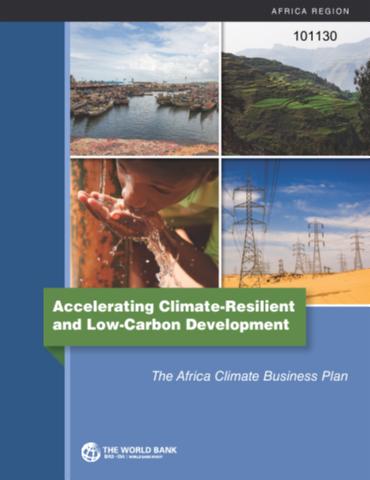The World Bank is a vital source of financial and technical assistance to developing countries around the world. We are not a bank in the ordinary sense but a unique partnership to reduce poverty and support development. The World Bank Group has two ambitious goals: End extreme poverty within a generation and boost shared prosperity.
- To end extreme poverty, the Bank's goal is to decrease the percentage of people living on less than $1.25 a day to no more than 3% by 2030.
- To promote shared prosperity, the goal is to promote income growth of the bottom 40% of the population in each country.
The World Bank Group comprises five institutions managed by their member countries.
The World Bank Group and Land: Working to protect the rights of existing land users and to help secure benefits for smallholder farmers
The World Bank (IBRD and IDA) interacts primarily with governments to increase agricultural productivity, strengthen land tenure policies and improve land governance. More than 90% of the World Bank’s agriculture portfolio focuses on the productivity and access to markets by small holder farmers. Ten percent of our projects focus on the governance of land tenure.
Similarly, investments by the International Finance Corporation (IFC), the World Bank Group’s private sector arm, including those in larger scale enterprises, overwhelmingly support smallholder farmers through improved access to finance, inputs and markets, and as direct suppliers. IFC invests in environmentally and socially sustainable private enterprises in all parts of the value chain (inputs such as irrigation and fertilizers, primary production, processing, transport and storage, traders, and risk management facilities including weather/crop insurance, warehouse financing, etc
For more information, visit the World Bank Group and land and food security (https://www.worldbank.org/en/topic/agriculture/brief/land-and-food-security1
Resources
Displaying 631 - 635 of 4907Agriculture in Nicaragua
This work summarizes background papers prepared for the World Bank Group with significant input from government counterparts and other development partners. It takes stock of major recent developments and argues that a lot has been achieved in the last decade in terms of production of commodities for export and food consumption, with favorable impact on rural poverty reduction. It also argues that the two factors driving the recent agricultural performance, namely favorable international prices and expansion of the agricultural frontier, have reached their limits.
Report on the Simulation of Low Carbon Green Growth Policies, including the Results of Impact Assessment and Final Policy Recommendations
This assessment presents a synthesis of analysis to contribute to the definition of a lower carbon and greener growth path for Romania to 2050. The objective of Romania’s green growth path is to implement mitigation actions and undertake needed adaptation while preserving growth and employment. Romania has maintained a steady growth in output while containing the growth of its greenhouse gas (GHG) emissions. From now to 2050, real incomes in Romania are expected to continue to grow, and its carbon emissions are expected to continue declining.
Investment Climate in Kyrgyz Republic
The World Bank Group’s investment climate project conducted a survey of foreign investors in the Kyrgyz Republic - both those currently operating and those that have terminated their operations for various reasons. The purpose of the survey was to assess selected aspects of the investment policy and legal environment in place in the Kyrgyz Republic, so as to determine whether the current regulations are investment-conducive or otherwise.
Kenya
Despite myriad challenges, Kenya has emerged in recent years as one of Africa’s frontier economies, with headline growth in the most recent decade propelling the country toward middle-income status. Less well understood is how risk dynamics associated with production, markets, and policy adversely impact sector performance, in terms of both influencing ex ante decision making among farmers, traders, and other sector stakeholders and causing ex post losses to crops, livestock, and incomes - destabilizing livelihoods and jeopardizing the country’s food security.
Accelerating Climate-Resilient and Low-Carbon Development
The objective of this transport component of the broader Africa Climate Business Plan (ACBP) is to begin to mainstream climate benefits into the World Bank’s transport program for Sub-Saharan Africa, the better to assist African countries in bringing their climate change efforts to scale.






